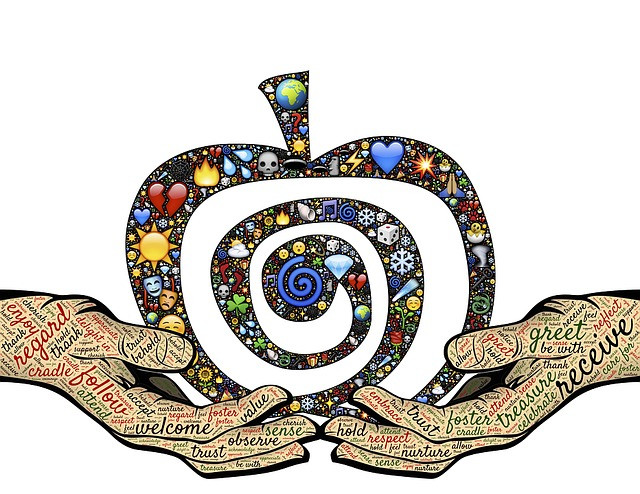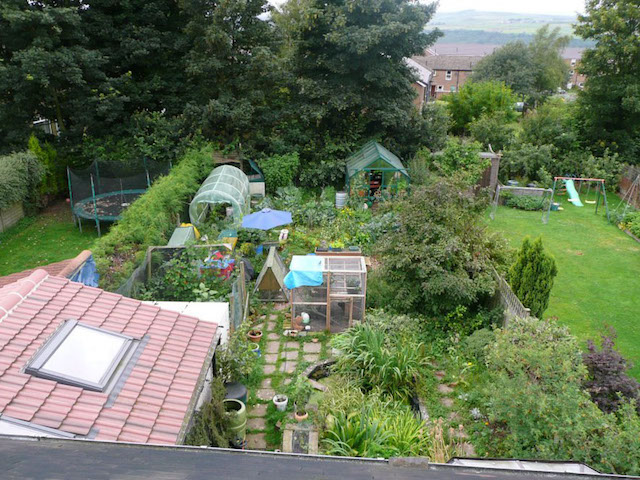
An Introduction to Permaculture
Published by Anne Altor on Feb 1st 2018
Can we not just achieve sustainability, but go beyond it too?
Permaculture suggests that we can, and that our survival depends on it. Permaculture, broadly defined, is the practice of designing and inhabiting regenerative landscapes and systems that care for the Earth and for all people. The goal is to help generate maximum ecosystem services in a given space, in a way that can continue long term. The concept of "Fair Shares" is an important part of permaculture. As explained by Maddy Harland, editor and co-founder of Permaculture magazine, "Permaculture fundamentally rejects the industrial growth model of the global North at the core of its ethics, and aspires to design fairer, more equitable systems that take into account the limits of the planet's resources and the needs of all living beings."
Permaculture is about designing systems
that provide food and habitat for people, plants, invertebrates, and all other groups of species. The concept of "regenerative" systems is key to permaculture. Chris Rhodes describes what this means in his post at Resilience.org: "Fundamentally, the word regenerative means the capacity to bring into existence again; hence, if an item or system is regenerative, it has the inherent capacity to bring itself into existence once more…All sustainable solutions are unsustainable over the longer term, if they are not also intrinsically regenerative."

Home-scale permaculture. Claire Gregory's Permaculture garden, from Wiki Media Commons.
Permaculture is science and art.
It integrates ecological gardening practices, diverse sets of knowledge and an ethic of caring and reciprocity to develop resilient, sustainable living systems. Permaculture principles aren't new – indigenous peoples have developed place-based land and community stewardship through thousands of years of observation, learning and practice. Food sovereignty and community empowerment are central to permaculture. Through these practices, communities strive to meet human and ecosystem needs locally, building on a foundation of social and environmental justice and equity. As stated by Ben Falk of Whole Systems Design LLC, "Permaculture focuses on providing for basic human needs in healthy and regenerative ways that don't depend upon distant destruction of ecosystems to provision ourselves."
Want to learn more? Here are some resources for a positive, action-oriented approach to living in ways that support rather than exploit our planet:
Permaculture Research Institute: Contains a blog, discussion forum and many other resources.
The Permaculture Podcast: A great resource produced by Scott Mann in Pennsylvania. Lots of interesting, informative and inspiring interviews.
Sustainable World Radio: Website and podcasts about ecology and permaculture.
BOOKS:
Here's a list of the Permaculture Association's "Top-10" permaculture books.
The Community-Scale Permaculture Farm: The D Acres Model for Creating and Managing an Ecologically Designed Educational Center, by Josh Trought. I'm still reading this one and am finding it a fascinating and thoughtful account of the evolutionary process of developing a large permaculture farm in New Hampshire.
The Resilient Farm and Homestead: An Innovative Permaculture and Whole Systems Design Approach, by Ben Falk.
